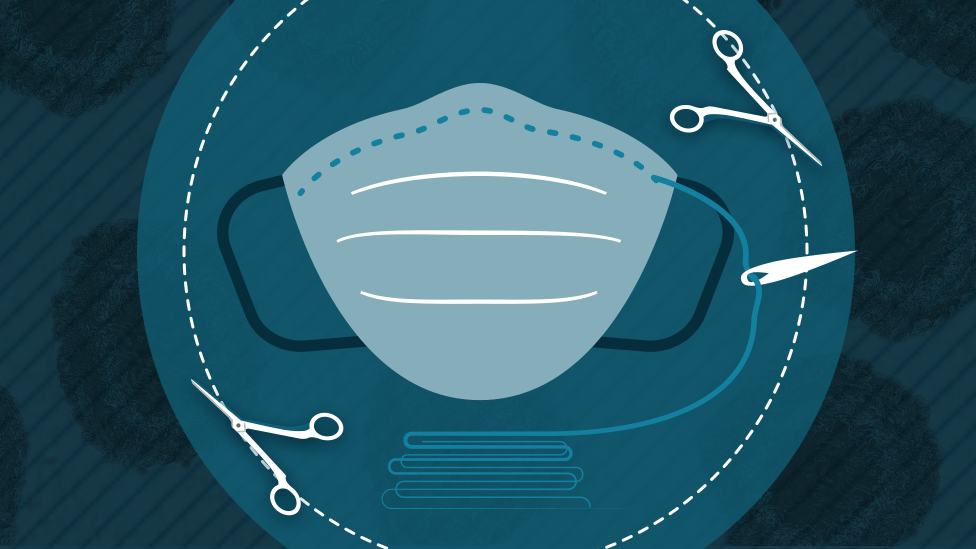Coronavirus: Councils plan for 'threefold rise in second wave deaths'
- Published
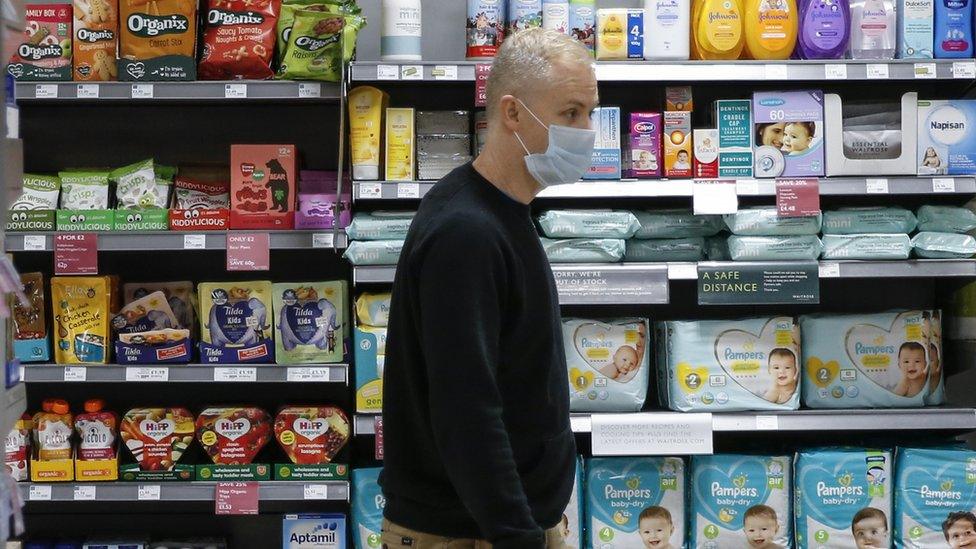
Councils across Hampshire are planning for a "worst-case scenario" of Covid-19 deaths during a second spike
A second peak of coronavirus could be up to three times larger than the first across Hampshire and the Isle of Wight, according to "worst-case" figures.
The local authorities' Local Resilience Forum figures model a second peak of more than 90 deaths per day across the area.
At the height of the peak in April, deaths reached 30 per day.
Hampshire County Council said public bodies were "working together to prevent any worst-case scenario".
The figures seen by the BBC are contained in multi-agency emergency planning documents for Hampshire, the Isle of Wight, Portsmouth and Southampton.
The estimates do not take into account any lockdowns, treatments or vaccines.
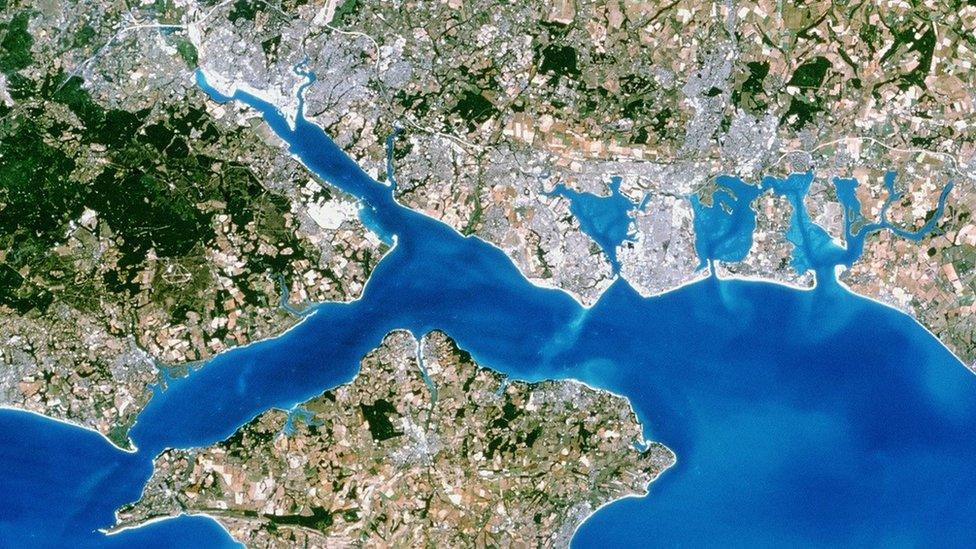
The modelling, which brings together the four local authorities, covers a population of more than two million
The modelling, which brings together the four local authorities - Hampshire County Council, Portsmouth City Council, Southampton City Council and Isle of Wight Council - plus firefighters, police and public health officials, covers a population of more than two million.
Simon Bryant, Hampshire County Council's director of public health, said: "We recognise the challenge ahead of us… people are really committed to working together to prevent any worst-case scenario as far as possible."
Cases 'rise quickly'
The documents lay out three scenarios that assume infection rates of 1.1, 1.2 and 1.3, with the third highlighted as "the most reasonable worst-case scenario".
That would mean that 10 people with the virus could spread it to 13 more, causing case numbers to rise quickly.
"We've been modelling figures around coronavirus, including infections, hospitalisations and deaths since the beginning so we can understand where the virus is going," Mr Bryant said.
"The important thing to remember is we are using these modelling figures to prepare for anything we need to do to mitigate that."
However, not all councils across the UK told the BBC they were modelling locally for a second wave.
Some said this was because they believed it was too soon, and precise numbers would lack accuracy.
- Published14 July 2020
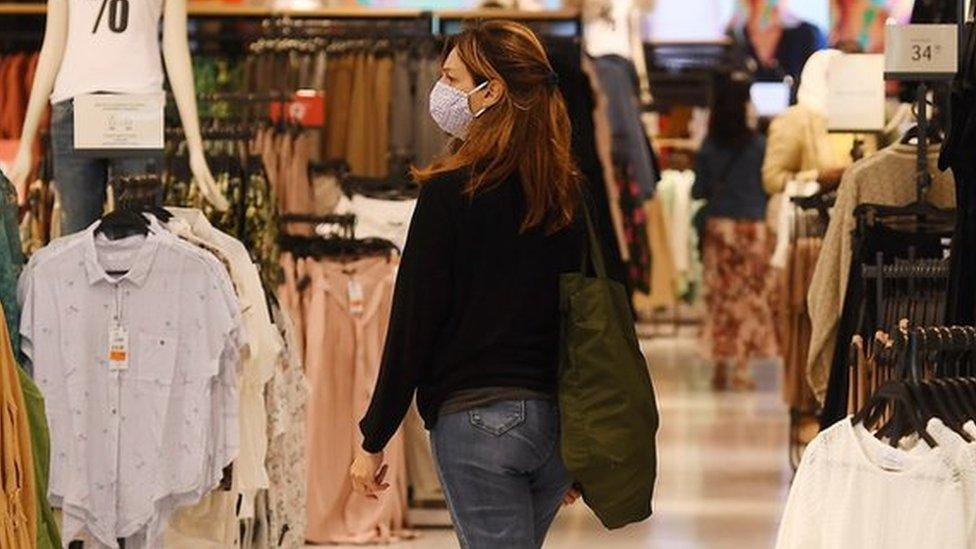
- Published14 July 2020
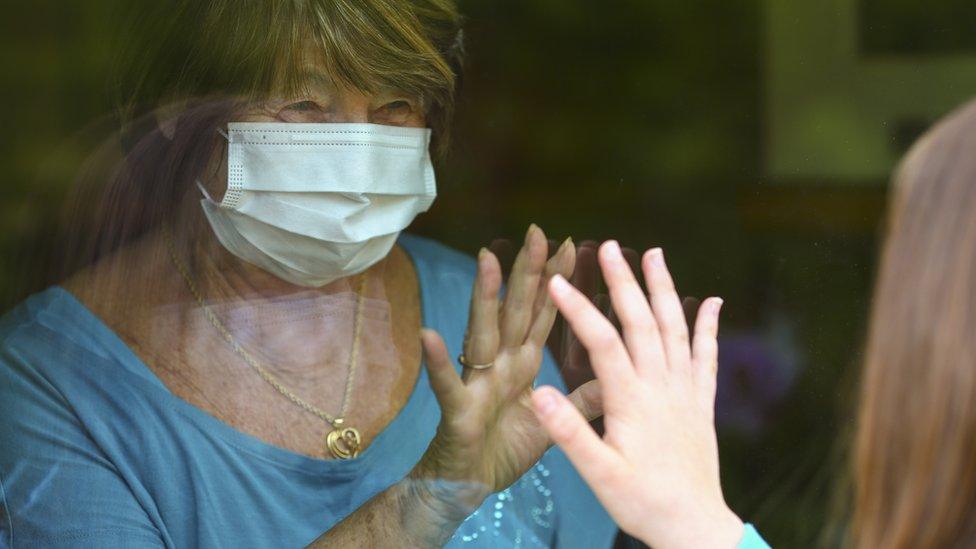
- Published14 July 2020
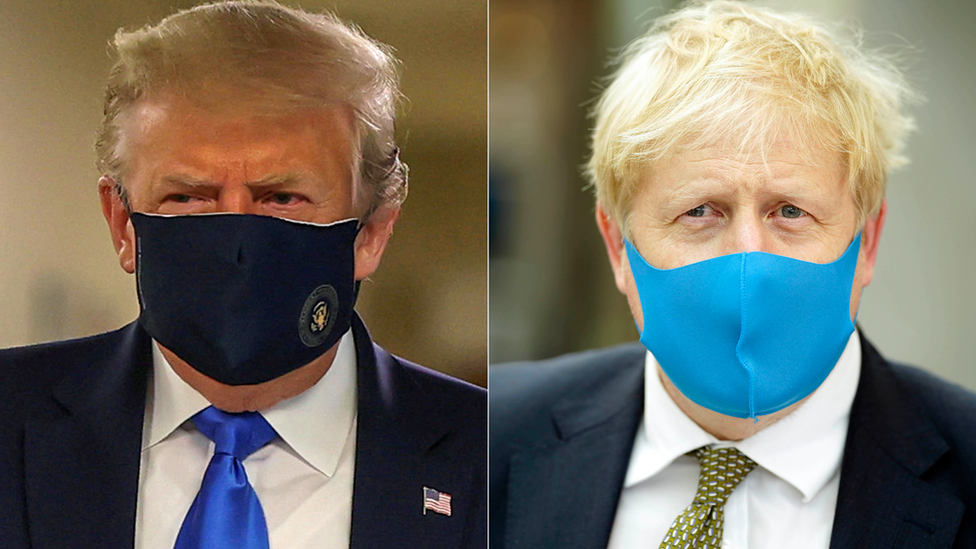
- Published13 January 2021
